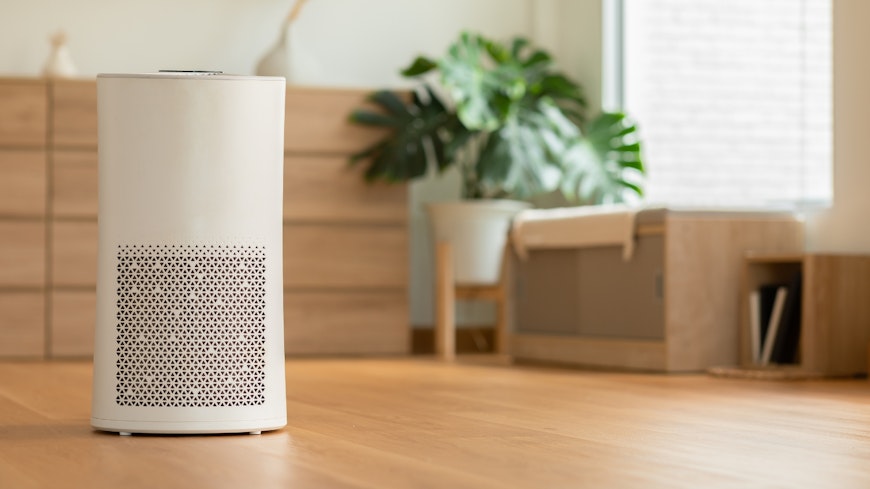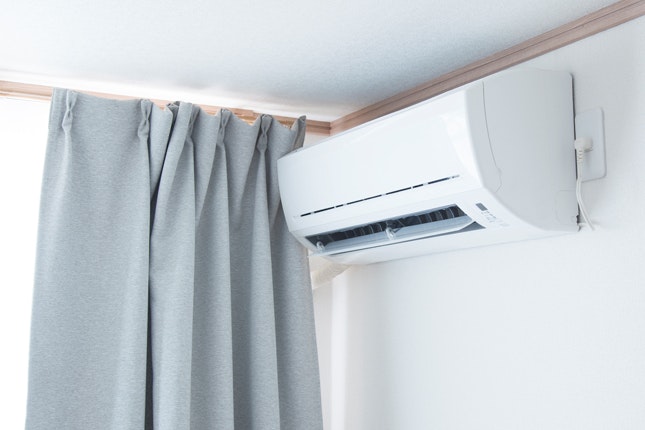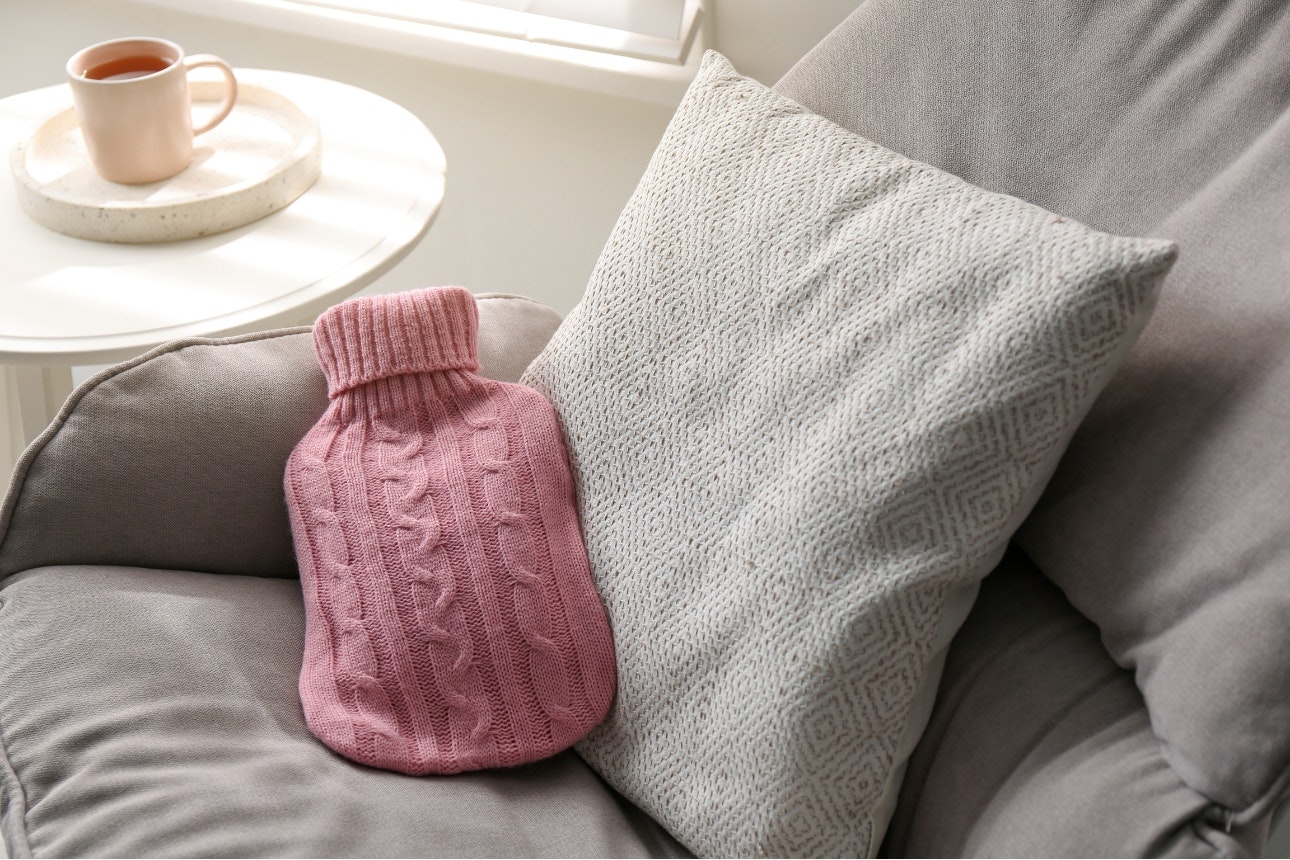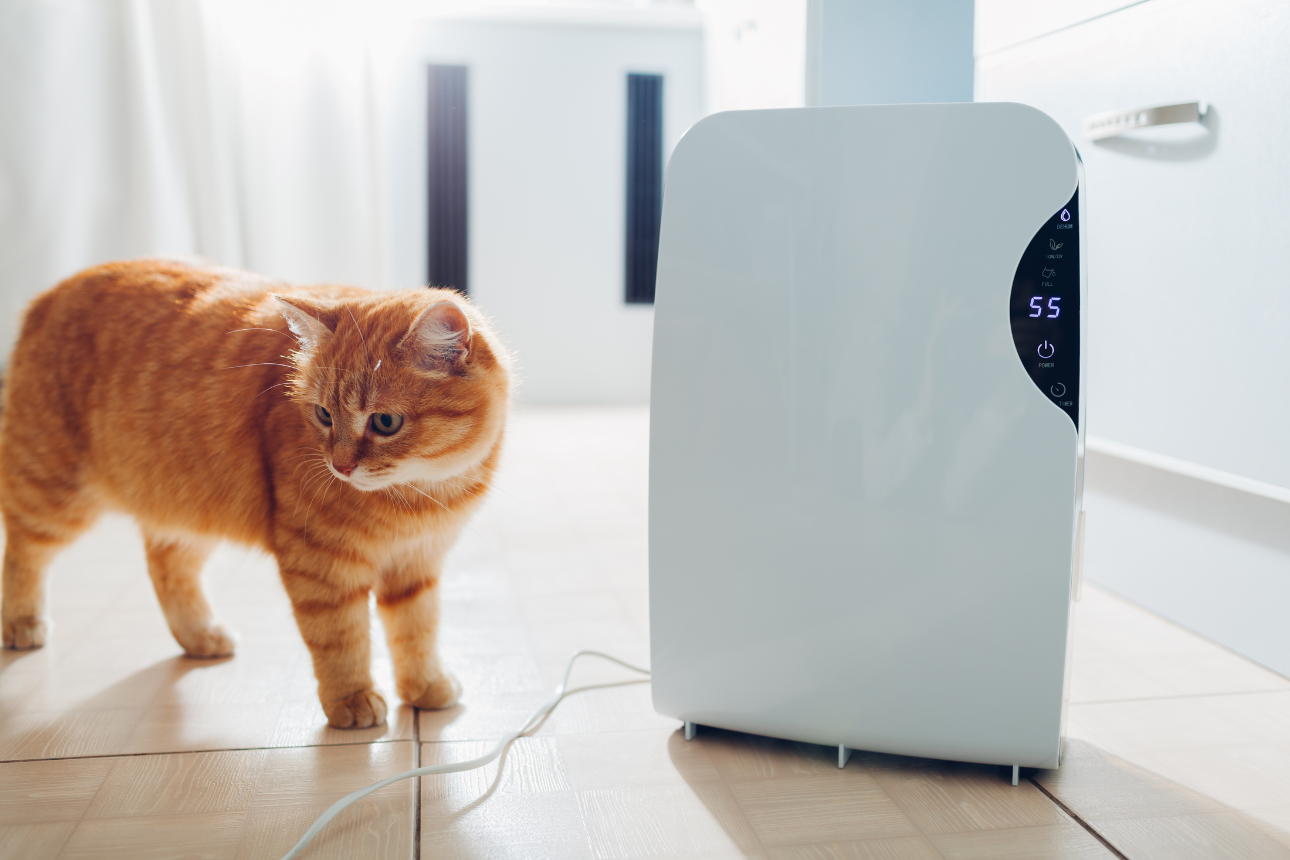
By Kate Harvey
Content Manager | Pou Whakahaere Ihirangi
You might have written it off as a gimmicky gadget, but we think an air purifier can be a worthwhile addition to your home – especially in winter, when you might not be opening the windows and getting as much natural ventilation.

Of course, they’re only going to be worth buying and paying to run if you get one that’s really doing a decent job. Of the 40 we’ve tested, the scores out of 100 that we’ve given them range from 73 for the best model down to 41 for the worst.
The air purifier that scored 41 did a poor job of removing dust and smoke and was terrible at removing VOCs – volatile organic compounds that can be emitted from cleaning products, paint and glue.
The good news is a good air purifier doesn’t have to cost a lot. The most expensive we’ve tested is a $999 Dyson, but one of the 6 air purifiers we recommend costs less than $300.
Here are some things air purifiers can help with in the cooler months.
1. Wood smoke
If you can smell smoke from people’s fireplaces when you open your windows, that’ll be pollution that’s coming into your home. When we test air purifiers, we burn wood chips in a test chamber to see how well each model removes smoke. If wood smoke is your main reason for buying an air purifier, check out the smoke removal score we’ve given each model.
2. Viruses and bacteria
An air purifier with a HEPA (high efficiency particulate arresting) filter can remove a lot of airborne viruses and bacteria from the air. A HEPA filter will trap particles down to 0.3 microns in size. This covers most of the nasties that are likely to make you sick this winter.
3. Dust
If dust sets off your allergies or you just fancy dusting your home less often, we also give air purifiers a dust removal score. We replicate dust using fine particles of titanium dioxide in the test chamber and have found a big difference in what the models can achieve.
4. Pet hair and dander
If your find your pets spend more time inside in winter, you might also find there’s more of their hair and dander around. An air purifier with a HEPA filter will trap both, making life easier for anyone with allergies or asthma.
5. Mould
Mould is part of life for most of us in New Zealand over winter. An air purifier will remove mould spores from the air, but it won’t help with mould that’s already growing on a surface. For that, it’d be best used alongside a dehumidifier to deal with the cause – airborne moisture. You can find the best dehumidifier for you by checking out our dehumidifier test results.
6. Pollen
As winter turns to spring, an air purifier can trap pollen carried in the air. If you usually suffer from hay fever, it might be worth giving an air purifier a go this year to see if it makes a difference.
Bryan Wall is the air purifier guru at Consumer NZ. He says it’s important to consider ongoing costs when you’re choosing one. He’s been trying to lay out the costs involved in a way that is easier to understand in our air purifier test results.
“We collate replacement filter costs along with recommended replacement intervals so you can see how much an air purifier might cost you in the long run. As you’ll see if you start comparing models, some filters can be quite expensive, so you’ll want to take that into consideration when deciding which air purifier to buy,” Bryan says.



